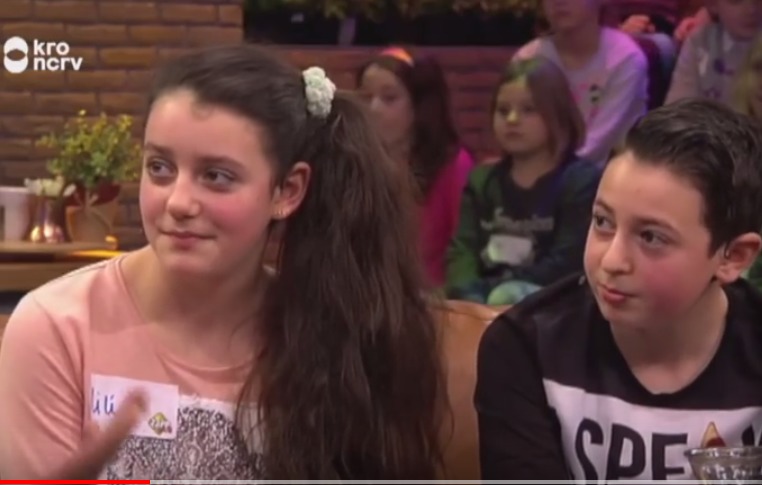Lili and Howick reappear, but what happened to other high profile child deportees?


Two Armenian children who have lived most of their lives in the Netherlands but face deportation to Armenia on Saturday re-emerged from hiding on Monday evening.
Lili (12) and Howick (13), have been separated from their mother since she was sent back to Armenia in July 2017 but are fighting to stay in the Netherlands in their own right.
On Monday, princess Laurentien added her voice to calls for the two children to be allowed to stay. ‘I can’t and don’t want to judge the situation, but I have a great deal of sympathy for what these children are going through,’ she told NPO Radio 5.
Campaigners are pinning their hopes on junior justice minister Mark Harbers who has the right of discretion in cases such as theirs. But he has said several times that he does not plan to make use of it because the children are not at risk in Armenia.
Meanwhile, the Volkskrant has tracked down three other high-profile cases in which youngsters who had spent a large part of their lives were threatened with deportation.
Taida Pasic
Taida Pasic hit the headlines in 2006. Her family had fled from Kosovo to the Netherlands in 1999 but were denied a refugee permit. The family eventually moved back in 2004 but daughter Taida came back in 2005 on a tourist visa to complete her high school studies.
She was arrested while at school and placed in a detention centre to await deportation but was allowed to take her school exams. In 2010 she graduated with a law degree from Leiden university and now divides her working time between New York and Amsterdam.
Sahar Hbrahim
Afghan national Sahar was threatened with deportation at the age of 13 after spending 10 years in the Netherlands. In 2010 her family was told they would have to leave but eventually the courts decided they could not be returned because their asylum request had not been properly dealt with.
Eventually, after the foreign affairs ministry admitted Afghanistan would be too dangerous for a ‘westernised’ girl like Sahar, the family was allowed to stay. According to the family’s then lawyer Paul Stieger, she is now studying medicine at a Dutch university.
Mauro Manuel
Mauro was sent to the Netherlands by his Angolan mother as a nine-year-old where he fell under special legislation for unaccompanied child minors. In 2011 his application for asylum was rejected by the high court and he was scheduled for deportation as soon as he reached the age of 18.
After a major public campaign, Mauro was given a student visa. He now works as an IT systems manager, has bought a house and is about to become a father. ‘You are sent from pillow to post and no-one ever looks if a child is happy or would be in a better situation,’ he said later of his time in the public eye.
Amnesty
The outcry over his case led the next government to commit to an amnesty for child refugees who have lived in the Netherlands longer than five years. But Lili and Howick to do not qualify for the amnesty because their mother did not cooperate with the deportation plans – one of the main conditions for acceptance.
Thank you for donating to DutchNews.nl.
We could not provide the Dutch News service, and keep it free of charge, without the generous support of our readers. Your donations allow us to report on issues you tell us matter, and provide you with a summary of the most important Dutch news each day.
Make a donation